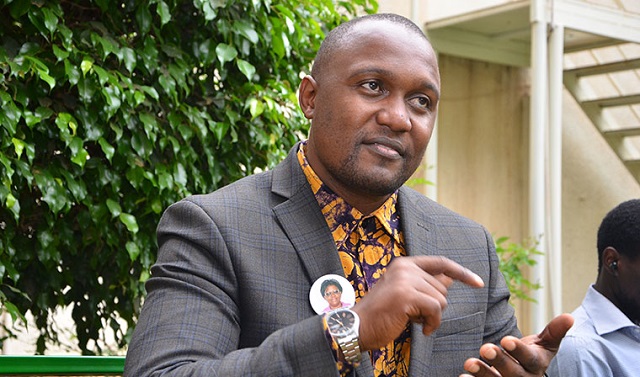
Obuku warns that even if the country has started taking the threat of pandemics more seriously, not enough is being done to prepare leaving the country scarily exposed. For instance he says there is no set aside budget to cater for emergencies. He cites an example from October last year when a deadly Marburg hemorrhagic fever broke out, it was after the disease happened that the government started looking for emergency response financing.
Obuku says surveillance alone might not help as more and more people are becoming vulnerable to infection today with the pressures that come with population increase. “The health system infrastructure has become porous. We have dynamic populations coming from fragile areas. People come in with circulating organisms. The boundaries between animal and human settlements are not respected.
The organisms which were quarantined by natural barriers of forests are broken and then we will see Marburg, Crimean Congo and others,” says Obuku. He adds that while modern medicine should be able to provide solutions when such infections happen, they still catch responders unprepared with no drugs to treat them; not even a vaccine yet they can be easily prevented.
Obuku says developing drugs is both an economic and political venture whose prioritization depends on the incentives involved. He cites the 2014 Ebola outbreak in West Africa where talk of a vaccine only came up after the disease had killed more than 10,000 people. “The virus wasn’t a mystery to scientists. It was discovered in the 1970s and had been killing people. There is no effective vaccine to date because there is no interest. It didn’t threaten the existence of those in power”.
 The Independent Uganda: You get the Truth we Pay the Price
The Independent Uganda: You get the Truth we Pay the Price



